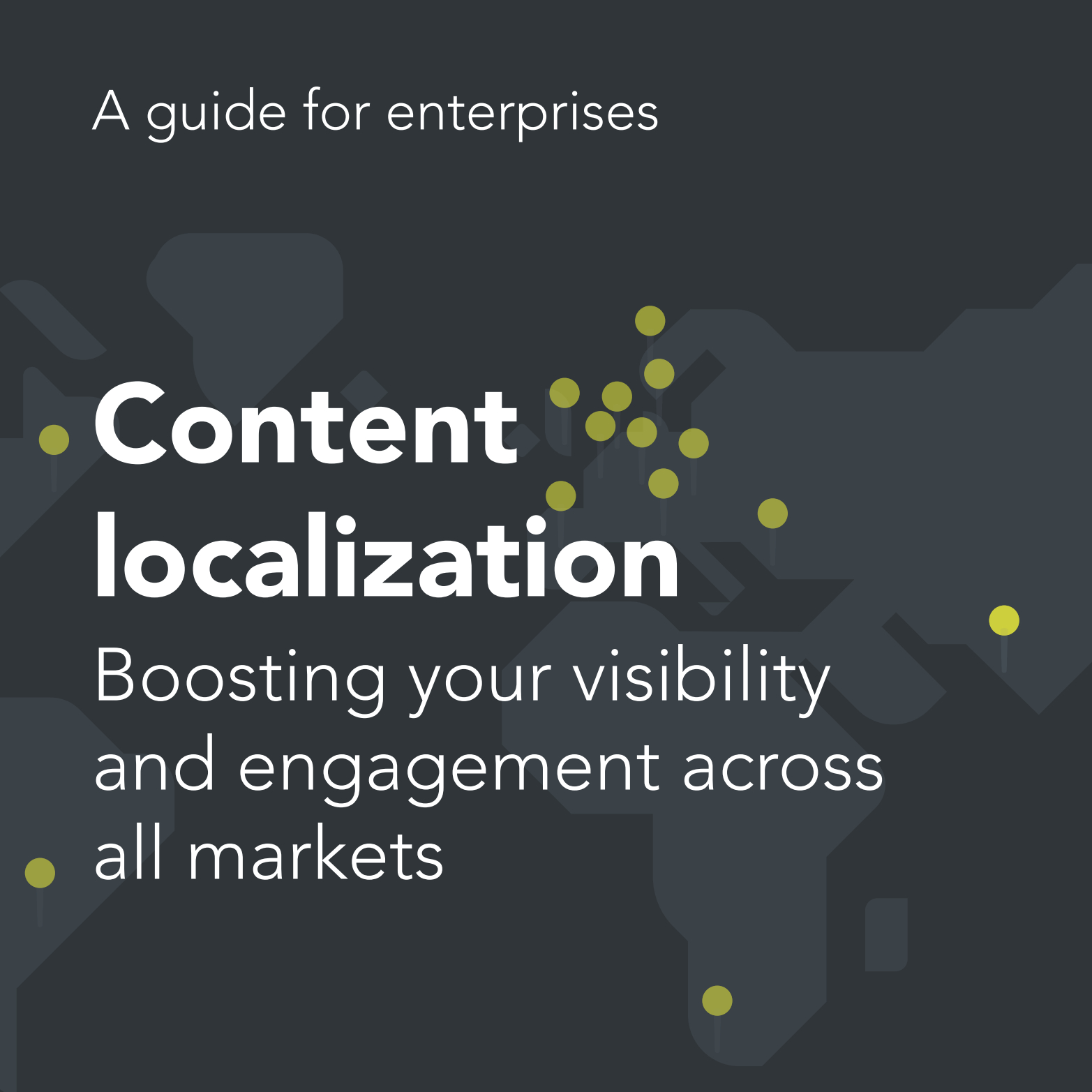The people in marketing land are still recovering from the shock that third party cookies are going to disappear. According to marketers, this is extremely harmful, for marketers. Without sarcasm, the term apocalypse is even used for the moment when third party cookies can no longer be used. Retargeting, a/b-testing and creating lookalike audiences will become more difficult or even impossible without third party cookies. But shouldn’t we look at why those third party cookies disappear and what kind of possibilities this offers for better and friendlier data collection?
We’re still not quite sure why cookies are called cookies. The most common explanation is that a cookie is called a cookie because a way of secretly sending information is called a cookie. That doesn’t get us much further. Probably the analogy with a fortune cookie is at the origin. This is a cookie containing a spell on a piece of paper, invisible to the sender and receiver. The predictive or advisory spell becomes visible when the cookie is opened. In any case, it’s a cute explanation for something that has become quite problematic.
A little history
Cookies were originally devised to provide website visitors with a better experience. By storing information in a small text file in the browser, the user could, for example, fill a shopping cart, which remained filled throughout his/her visit (and in the days after). That was mainly user-friendly. Other preferences were also stored in that text file that were important when visiting multiple pages and over multiple days. Cookies were initially like that friendly store employee who was interested and engaged, and wanted to give you a relaxing experience. You were a size 41 right? And how were these pants you bought last time?
Then suddenly a smarty-pants figured out that it would be helpful to share (the information in) those cookies with others. After all, if someone had put a t-shirt and a pair of shoes in a shopping cart, but never returned to the webshop, how could that person be reminded to make that purchase? By displaying those shoes and that t-shirt on just about every other website visited by that person, of course!
In many ways, a reminder to make a purchase on another website may not even bother that much, but as soon as there is a proliferation of information and sales and resales, this might not be a desirable situation for individual web users.
Clicks & conversions
For marketers, unfortunately, there are often only three conditions for doing something: whether something is allowed, whether something works, and whether it produces something. The fact that only 1.5% of display ads are clicked (which we’re not entirely sure is by accident) still means that there are people who click. On many views that’s still a lot of people. So there is still conversion. We just tend to forget that 98.5% of all ads are not clicked and we have no clue (and may not even want to know) whether those ads are perceived as annoying.
Because more and more information about surfing behavior is shared by and to third parties, web users seem to be followed everywhere. This is big business and sometimes quite convenient for both seller and buyer. Conversions still happen, nice target groups can be defined and through a/b testing websites and user experiences are optimized.
But for too long, we haven’t looked at the experience of individual users. Ad blockers exist primarily because we have all created an overwhelming online world with a surplus of ads. And while ads are the way to make money for many publishers and the way to sell for brands, the whole thing is far from ideal.
And so we need to get rid of those third party cookies. We are indeed throwing out the baby with the bathwater. Due to pressure from European privacy regulations, among others, the Safari and Firefox browsers already block third-party cookies. Chrome is going to start doing so in 2023. It’s a boon for individual users, who will finally see the invasion of their privacy reduced once again. But for marketers, who are eager to take and use all available third-party information, it’s a big challenge to reach the right audiences.
What’s next?
If third party cookies will soon be used less or not at all, there are plenty of ways to achieve exactly the same. Facebook and Google will continue to offer interest groups to target and contextual targeting will continue to exist, but isn’t it time we put our first party data in order?
Third party cookies made a customer journey as insightful as possible. Now that they are going away, it’s necessary to set up first party data in the best possible way. Opt-in will have to become a much more important KPI, but users will only consent to their data being stored (or logged in) if they receive something in return. At the moment, few parties seem to be able to provide a quid pro quo for the amount of information being collected.
Adding value
It’s time to get strategic about it. The importance of first-party data is now once again underlined. Don’t depend on third parties for information that you can also, and better yet, collect yourself and deploy for better user experiences and higher conversions. It pays off to combine different internal data sources. Provide a single source of truth. Ask users to log in sooner, but give them something in return, preferably a finer user experience and targeted suggestions. Add value.
Or choose to advertise with parties who have their first party data in order. For CPG brands, this means advertising with retailers, for example, who often have extensive profiles of their customers, including purchase history and preferences.
Privacy does not have to get in the way of data collection (and vice versa). Rather, building meaningful relationships with customers and potential customers is of value to both parties. That means not chasing unknown people throughout their online lives, but showing genuine interest and investing in complete and valuable first party data or looking for the right second party data.


